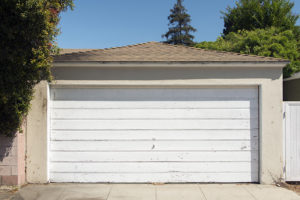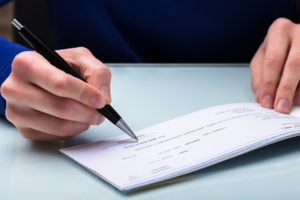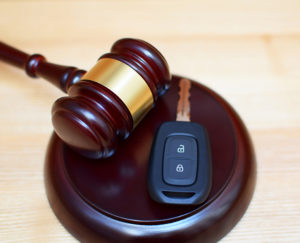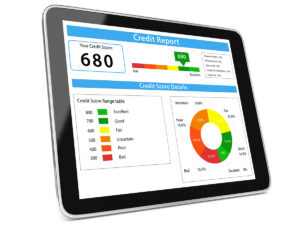
One of the worst things about car repossession is that it seems so final.
You’d fallen behind on your payments, and now that the repossession has happened, it seems like you’ll never see your car again.
But in the back of your mind, you wonder: “If my car is repossessed, can I get it back?”
You can. But it’s also important to make sure your rights are protected even if you can’t. Here are three things you can do if you’re dealing with a repossession.
1. Protect yourself
You might owe money to your lender – the bank, credit union or financial institution – but that doesn’t mean you’ve given up your rights. Under the law, the repossession company cannot:

- Take any personal property found inside your vehicle. Be sure to remove your belongings before the repossession, especially documents related to the purchase and financing of the vehicle.
- Use physical force – or threaten to do so – in taking back your car
- Enter your closed garage to access your car
- Damage the car or your property during repossession
If you think your lender or the repo agent has violated your rights, it’s a good idea to contact a qualified consumer protection attorney to evaluate whether your rights have been violated – even if you had fallen behind on payments or not.
2. If my car gets repossessed, can I get it back?
This brings us to our initial question: If my car gets repossessed, can I get it back?

Your first step should be to call the lender. If you were caught off guard by the repossession, you might be able to have the loan reinstated, or get your car back, if you can pay off the balance and any fees that resulted from the repossession, such as towing or storage charges.
Reinstatement means that rather than paying off the balance of your loan, you’d pay enough to make your loan current (plus additional fees associated with the repossession.) In that situation, you’d need to adhere to the lender’s terms and conditions of reinstatement to recover your car.
If you think you’re still going to have trouble making the loan payments – plus all the other costs associated with owning a car – you might not want to contact a consumer lawyer to discuss your options.
Can I buy back my car?

Most lenders will sell the repossessed vehicle at an auction or private sale. After the sale, those funds are applied towards the total balance owed on the loan. The lender will provide the borrower with a letter that confirms the selling price and calculate any remaining balance owed to satisfy the loan.
You could always try to buy back your car at the sale or auction, although you will need to pay whatever asking price the auction sets, as well as car repossession fees and storage charges.
Keep in mind that if your car hasn’t been repossessed yet, you should get in touch with your lender as soon as possible and let them know your intent to keep your account up-to-date. If you make an agreement with the lender, be sure to get the terms in writing.
You might discover that the lender offers a hardship program, which can prevent you from having to deal with the repercussions of a repossession – from the loss of your vehicle to negative credit reporting.
3. Find ways to boost your credit

A car repossession may leave a black mark on your credit report, which is why it’s important to review your credit report regularly for accuracy. Every twelve months, consumers may request a free report from each Transunion, Experian and Equifax. After checking your report, you may need to send a written dispute to the credit bureaus to request the errors be corrected. Always provide documentation that supports your dispute.
I think the repo agent broke the rules. What now?
If you think the lender or repo agent mishandled your car repossession, the consumer protection firm of Flitter Milz can help. Our attorneys have a long track record of protecting borrowers that face improper repossession practices from auto loans. Contact us today to learn how we can help you.








